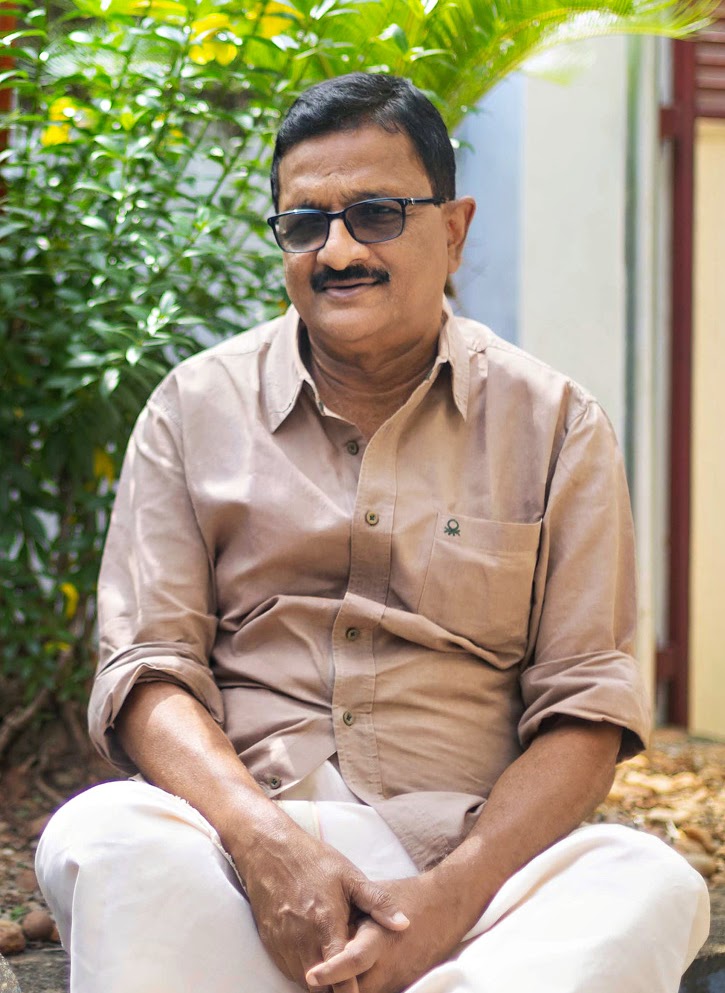
Was it just a missed chance?
“ജിവിച്ചതൊക്കെ പലപ്പോഴും ഒറ്റക്കാണെങ്കിലും.. അവസാനം ആ ഒരു ചോദ്യമുണ്ടാകും ഇനി ആരെങ്കിലും വരാനുണ്ടോയെന്ന് ?”
Swami Gururatna Jnana Thapaswi, is a rare friend for anyone. He can be a spiritual guide and a friend in need. At times he can also speak words that stir up your interiors. It was while watching one such video of his that a line caught my attention, something that I have always thought about, unable to fathom. The mind of someone who wants to give up his or her own life. Was there something, someone could have done.
In his video Swami, mentions the question that is frequently asked, after a suicide. “What was the problem that prompted him to take this drastic step?” Swami says that had this question been asked before he did it, it may well have saved a life. It is here that my thoughts begin. Much research has gone into studying suicides and possible preventions. In fact in some countries it is considered a disease. There is a great deal of talk on how to detect such cases early, correcting them and reversing it. It will indeed be a great thing, if it works. But what Swami says is different. He talks of the possibility of society preventing this, through timely intervention. But is this possible?
I have actually given this a deep thought. How can the society, especially the immediate family, step in with timely intervention? Suicidal tendencies do exist in some individuals, but the vast majority do so in response to some situation, fear or sense of hopelessness. There are some who do so due to loneliness. Suicides can happen spontaneously in crisis moments with a breakdown in the ability to cope or deal with life stresses. However there are some very noticeable traits that act as a prelude to suicides. Feelings of anxiety and sadness, hopelessness, difficulty sleeping, fatigue, irritability or anger and/or aches and pains. It need be noted that Suicides, though a serious global public ill-health issue, are preventable with timely, evidence-based, and often low-cost interventions. Much can be done to prevent suicide at the individual, community, and national levels.
However this is not the crux of what Swami said. His tries to open the eyes of all around, to see sorrow in others, to learn to seek the causes, try to help or at least lend understanding and encourage them to fight than fail. In asking with people who have abandoned suicide plans at the last minute, it is often seen that just a word of encouragement or an ear to listen can divert a person from taking that drastic final step.
Suicide rarely happens without warning. As a friend, family member or peer, you may be in the best position to recognize when someone close might need help and help them get it. You may see signs in person, hear about them second hand, or see them online in social media. Never ignore these signs. While suicide is typically associated with the pain of mental illness, there are sometimes specific situations that trigger suicidal actions such as breaking relations, failing at work or studies, being bullied, or experiencing abuse, loss or other trauma. It is important to learn these warning signs and what to do if you see any them in yourself or a friend. Suicide is preventable. By listening, talking, and acting you could save a life.
The one query, “What is the problem you face?” if asked on time can be the difference between someone committing suicide or living on to overcome the problem and having a long and fruitful life. It is the timeliness and the sincerity that will save a life. It cost you nothing but will give someone back his life. Swami has very well put that thought into my mind, with just one statement.




